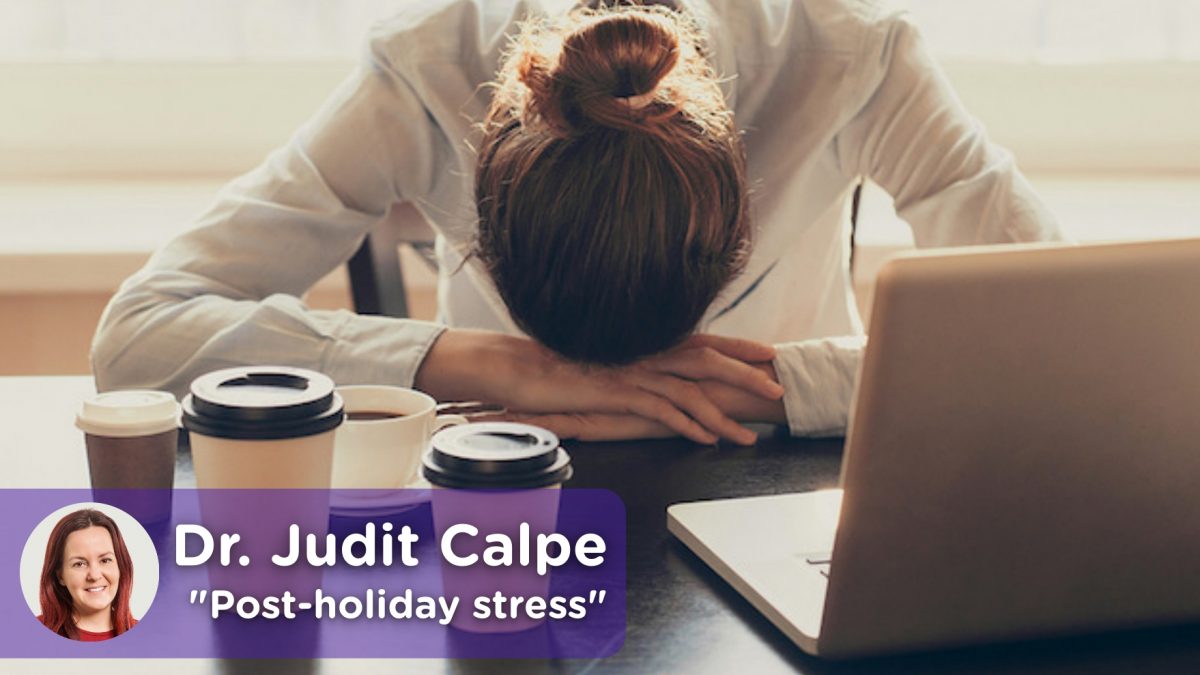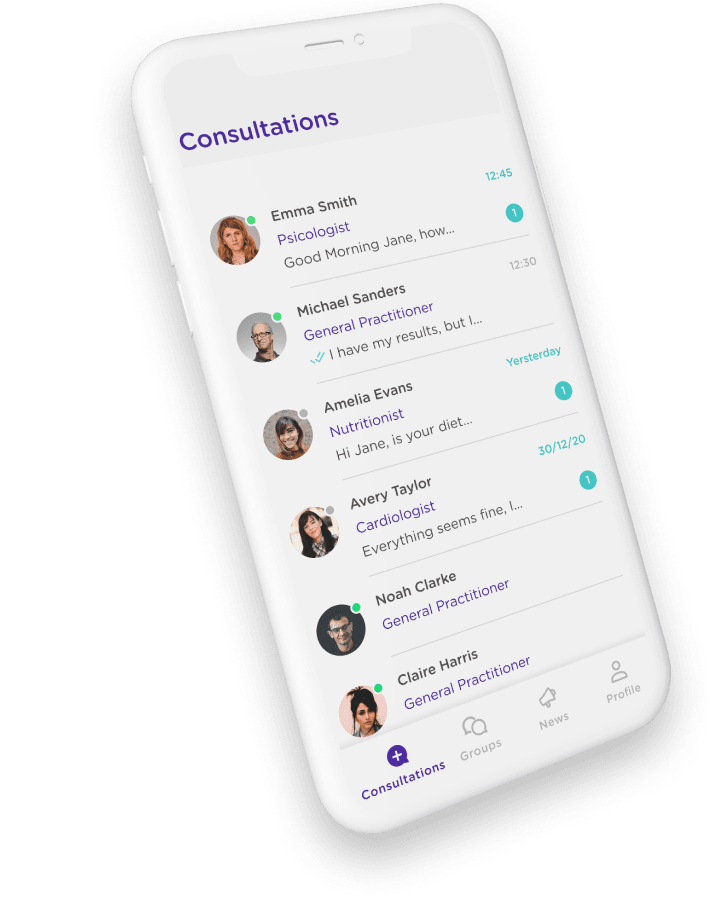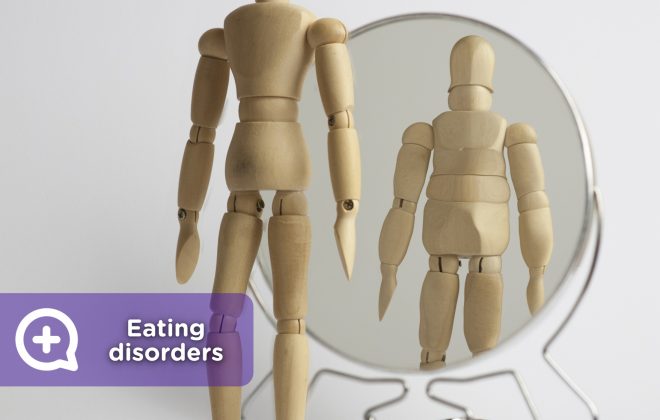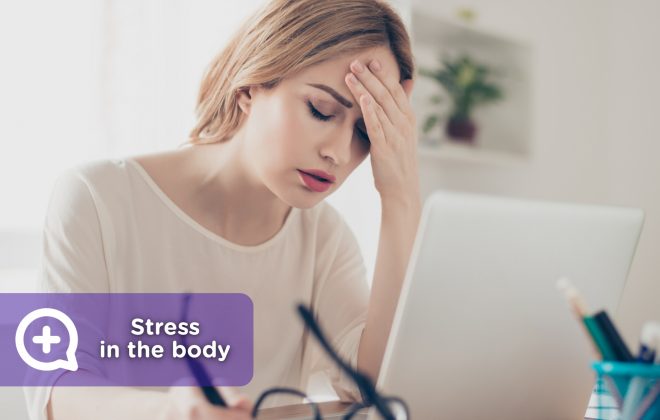Going back from what has been one happy vacation is not easy, much less if you keep seeing photos of the beach, beach bars, cocktails and unicorns floating in crystal clear waters. The year consists of two slopes, the well-known slope of January and the slope of September. Both are hard, but let’s look at the positive side: after a vacation we have gained strength to face the remainder of the year.
Our doctor, Judit Calpe, general practitioner, explains that it is very probable that symptoms of stress or post-holiday depression may appear in the first weeks of adaptation to work such as: tiredness, insomnia, irritability, among others. But rest assured! It will only last a few weeks.
What do I do if I have any symptoms?
The answer to all of this is patience. According to the doctor, our body will adapt again to the environment that it already knows. It is true that during the holidays we perform more playful tasks and we do not watch the clock as much, so we must be very rigorous with our working hours, otherwise it will be difficult to be alive at the end of the week … Avoid caffeine and after-work will be key during the first days. You should sleep for 7-8 hours and it is good to resume physical activity (if you have abandoned it during your holidays) or even perform relaxation techniques to control breathing and the mind, this will not only help us to improve our state of mind, but also will improve the sexual plane and we will be more receptive with our partner. Ideally, the doctor says that she will devise new plans and not think about how well she was lying on the beach …
How is stress classified?
The thoughts of nostalgia can lead to situations of stress, which will block us and paralyze us in situations that require a change. According to the American Psychological Association, we can suffer 3 types of stress:
- Acute: it is the most common in the population. It starts after something recent in the past and before some soon is expected to happen. This type of stress manifests with irritability, anxiety attacks, depression and even headaches such as headache. The positive is that it can be easily handled by performing relaxation techniques.
- Episodic acute: When acute stress is frequent, it is represented with tensional and muscular pains, strong migraines. This type of stress should be worked on with a professional.
Chronic: This type of stress is the result of an episodic stress in which the person does not find a solution to their problem. In such a way that it is internalized and it is difficult for the person to identify it as such. The treatment must be carried out by a professional.
What treatment should I follow?
According to Dr. Judit Calpe, healthy living, good nutrition and physical exercise are the essential pillars for not having stress in our body. In this way, we will avoid the following symptoms:
- Muscle tension
- Headache
- Insomnia
- Fatigue
- Breathing discomfort
- Stomach pain, diarrhea or constipation
- Weight changes
- Irritability, apathy
- Absence of sexual desire
- Memory problems
It should be noted that, after the return of the holidays, thinking about the work tasks that we must resume, meetings, work deliveries … can lead to stress situations that we do not control. For this reason, the prevention of stress in the workplace is very important, as this can trigger work absenteeism and affect the work performance.
Judit Calpe recommends that we: schedule breaks, have a good working environment among colleagues, establish motivating measures for all workers and have access to all tools that help control work stress, day by day.
*Content validated by the mediQuo medical team.



